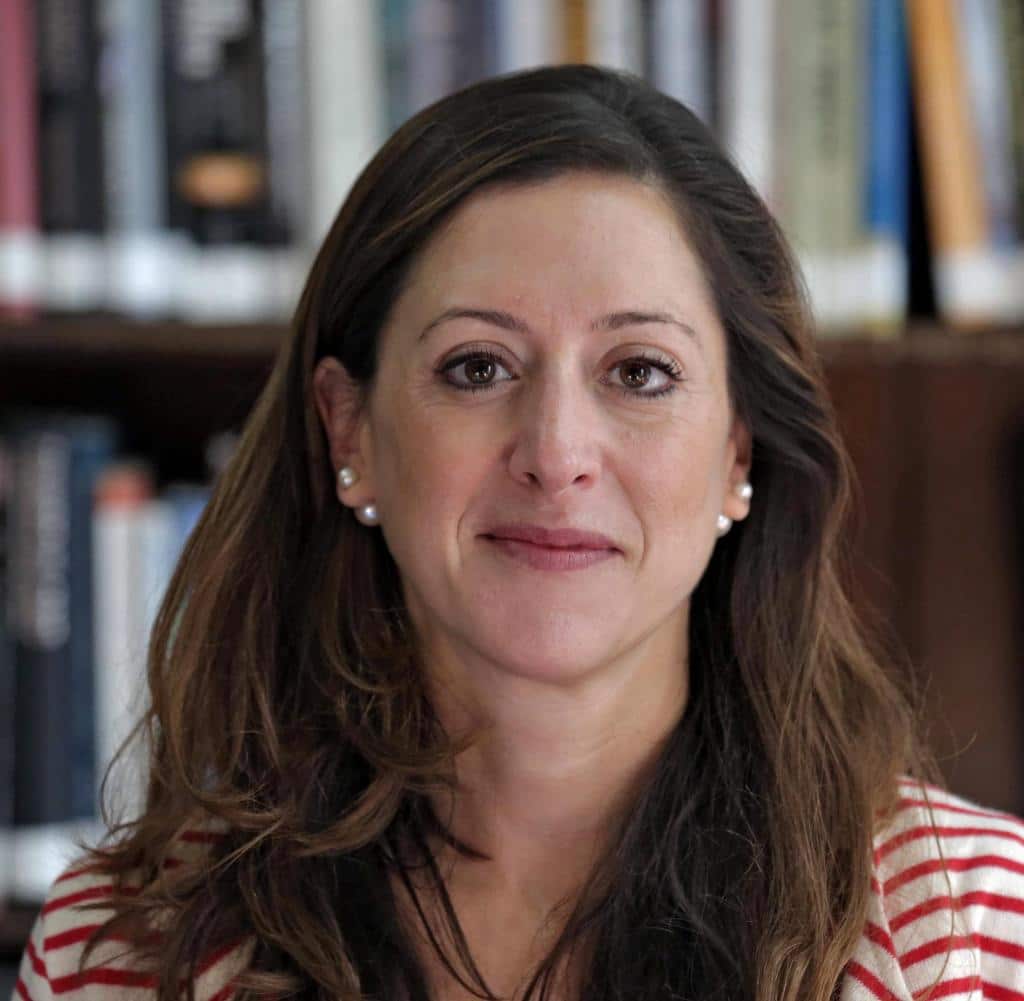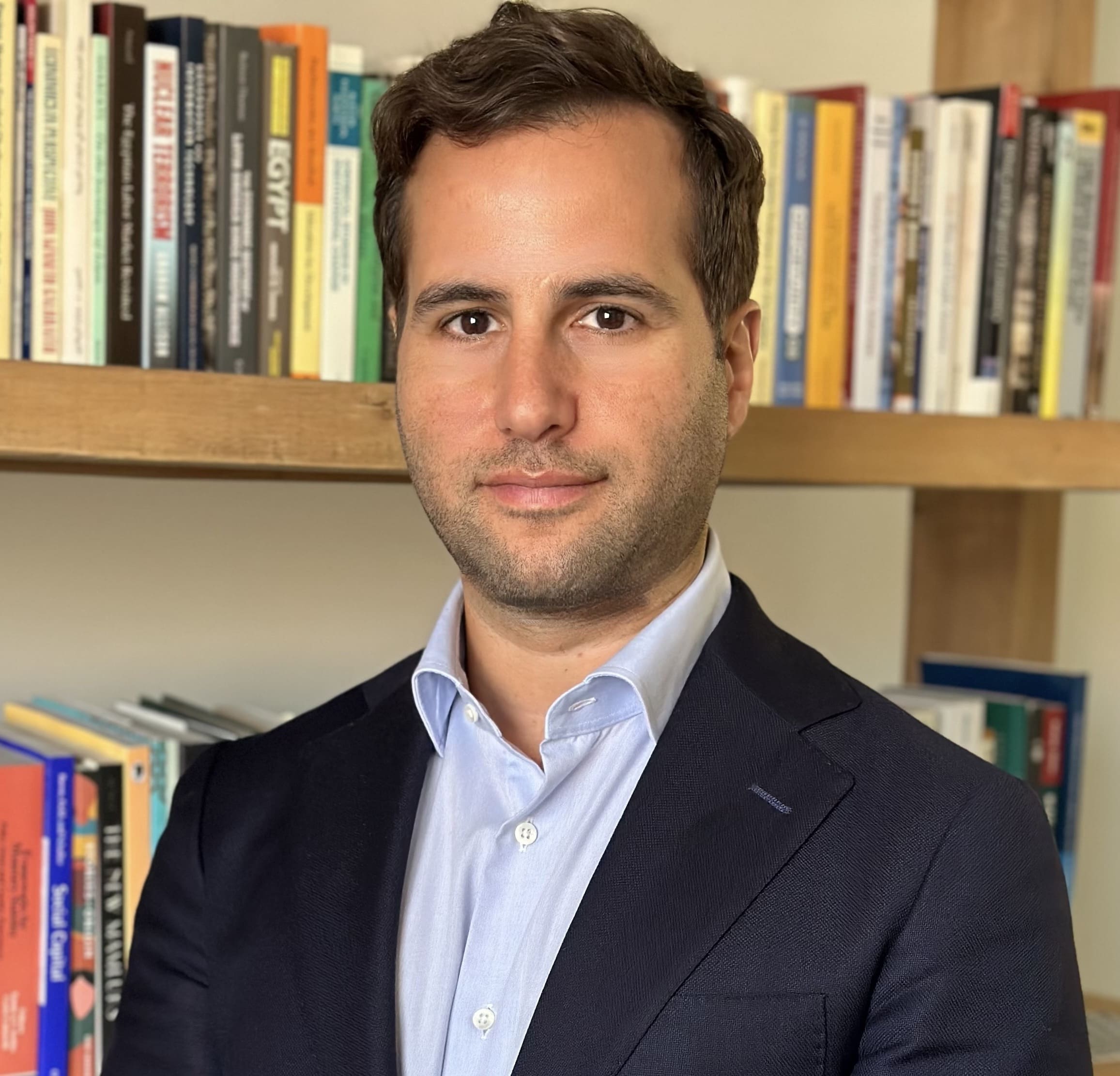The Middle East's Fragile Reset: What Future?
December 11, 2023
Summary
In a session held at the Doha Forum 2023, the Middle East Council on Global Affairs (ME Council) hosted a panel discussion premised on a recently published ME Council dossier entitled, “The Middle East’s Fragile Reset: Actors, Battlegrounds, and (Dis)order,” edited by Galip Dalay, nonresident senior fellow at the ME Council, and Tarik M. Yousef, senior fellow and director of the ME Council. The discussion was moderated by Andrew Parasiliti, president of Al-Monitor.com, and featured panelists including Sanam Vakil, director of the MENA program at Chatham House; Alfredo Conte, minister plenipotentiary at the Ministry of Foreign Affairs of Italy; Tarek Megerisi, policy fellow at the European Council on Foreign Relations; Omar H. Rahman, fellow at the ME Council; and Galip Dalay. The panelists addressed the future of the process of regional reset and the prospects for regional cooperation and de-escalation at the current watershed moment.
Dalay began the discussion by highlighting a paradigm shift witnessed in the Middle East over the last decade, marked by a shift from traditional, security-centric concerns towards a more nuanced approach that incorporates economic developmentalism, technocratic cooperation, and political transformation. Dalay emphasized the significance of major events, such as the resolution of the Gulf rift, the Abraham Accords, and the Iran-Saudi rapprochement. These developments, he noted, signify a regional reset and shift towards pragmatic economic engagement. However, they are shadowed by persisting tensions, exemplified by the Iran-Israel conflict and Türkiye-Iran friction. Dalay then situated de-escalation and normalization initiatives within the context of a broader transition away from a U.S.-centric global order towards a multipolar one, as regional dissatisfaction has grown with the power’s reliability as a security partner. Linking these shifts to the events of October 7, he noted the manifestation of deep-seated frustrations among populations in the Middle East emerging from widespread social discontent and escalating insecurities. Dalay concluded by suggesting that the future of regional normalization, particularly the Saudi-Israel relationship, hangs in a delicate balance and will not be resolved without meaningful consideration of the Palestinian question.
The discussion then turned to the necessity of regional negotiation and peace processes to address recent escalations. Conte challenged the notion that normalization efforts could bypass the traditional peace process, arguing that normalization cannot be an alternative to serious peace negotiations. Instead, he advocated for a revitalized negotiation framework to offer a pathway to regional stability and prosperity by meaningfully addressing the Palestinian quest for statehood. Vakil added that Iran’s diplomatic overtures and efforts to circumvent U.S. containment strategies, particularly its regime of economic sanctions, have animated Tehran’s regional engagement. She highlighted the considerable leverage Iran has cultivated regionally through its support of non-state armed actors as part of the “Axis of Resistance.” She also advocated for enhanced regional cooperation and trust-building, independent of Western intervention, to avert further conflicts. Furthermore, in her analysis, Iran is supportive of the regional reset, as an escalation or regionalization of the war on Gaza may not serve Iranian interests. Rahman built on this by providing a critical analysis of the Abraham Accords, arguing that they served more as mechanisms for coalition-building against threats from Iran rather than genuine peace-making endeavors. He suggested that such normalization efforts, rather than mitigating regional tensions, have contributed to the entrenchment of Israel’s negative image. As such, Rahman emphasized the importance of integrating Palestinian perspectives into future normalization or peace efforts to ensure a comprehensive and just resolution.
Megerisi then shifted the focus to North Africa, with a particular emphasis on Libya’s role as a bellwether for the efficacy of regional normalization efforts. Megerisi stressed that a pervasive sense of abandonment has spread across the region, exacerbated by the prioritization of elite-centric relationships with Western powers, as starkly illustrated by the tragedy in Derna. Subsequently, Dalay examined Türkiye’s strategic maneuvers within the context of the regional reset and its diplomatic initiatives aimed at fostering a more inclusive and balanced approach to conflict resolution. He underscored the critical role of the United States in facilitating a peace process, and that Western countries have largely failed to exert pressure towards a ceasefire. Vakil then discussed Iran’s strategy for dealing with Hezbollah. While Tehran supports armed non-state actors across the region, its primary motivations are internal security and regime stability. In her analysis, there is a significant need for governance reforms across the region to mitigate Tehran’s influence over these non-state actors. Rahman concluded that there are challenges inherent to addressing the role of Hamas within Gaza, criticizing the rhetoric of certain Israeli factions and emphasizing the impossibility of achieving a military solution that does not exacerbate the cycle of resistance and violence. Closing the session, Megerisi underscored the critical importance of governance issues in shaping the future of the Middle East post-October 7. He highlighted the necessity of addressing economic and governance challenges to ensure regional stability, prosperity, and the mitigation of broader geopolitical repercussions.
Moderator


















